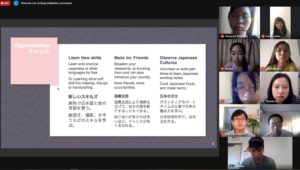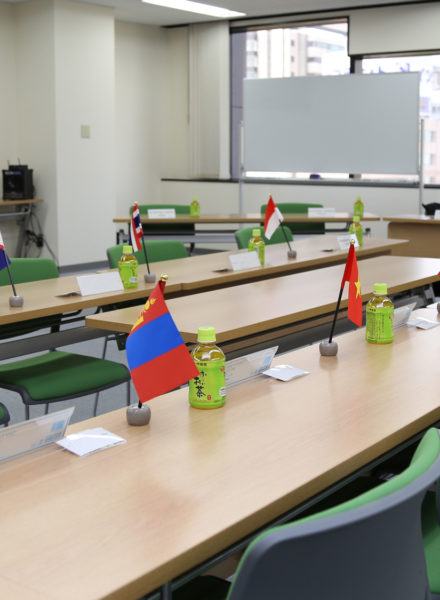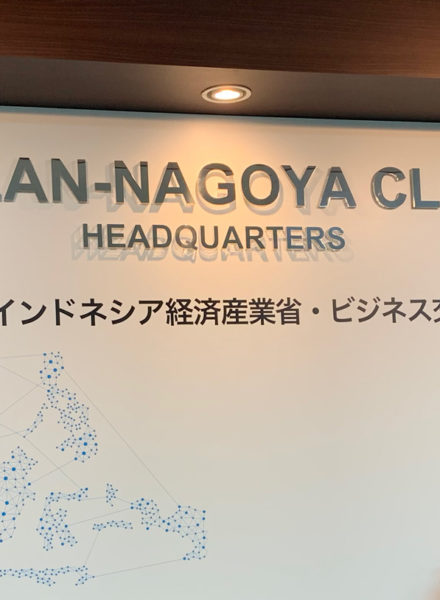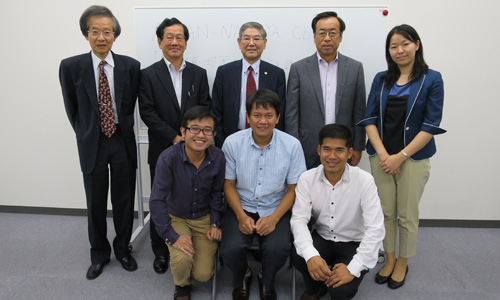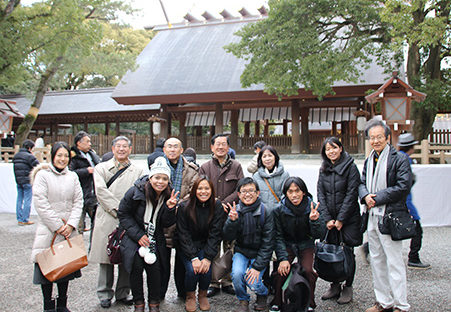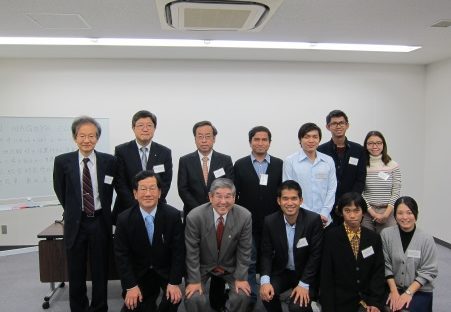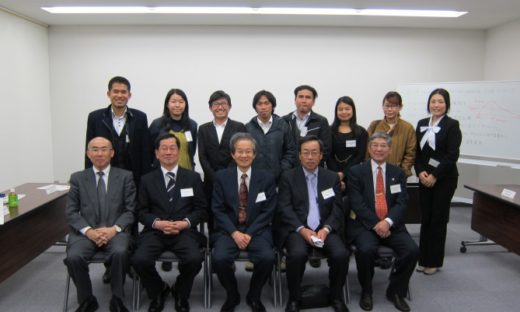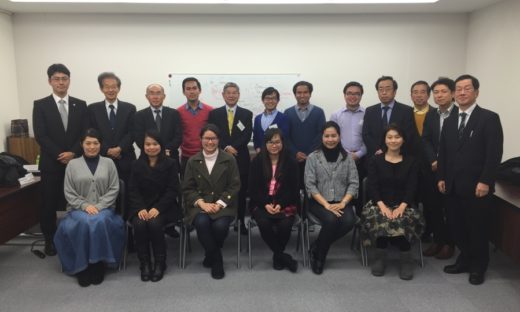定例ミーテイング 「日本留学中に外国人留学生が学ぶべきこと」 Regular Meeting “What Foreign Students Should Learn While Studying in Japan”

今回の参加者は、以下の通りです。
- 代表理事 小里孝
- 顧問 西孝雄
- Ean Chhorida (カンボジア)
- Phuong Anh Ngoc Pham (ベトナム)
- Gito Santos (東ティモール)
- Bangkit Aditya Wiryawan (インドネシア)
- Chia-jung Wu (台湾)
- Sous Monirida (カンボジア)
- Cheam Kimlaing (カンボジア)
- Soush Mony Odham (カンボジア)
- Sok Mey (カンボジア)
- Rith Chanmalika (カンボジア)
- Lim Lyhong (カンボジア)
今週、リダー(Ean Chhorida)さんは、日本留学中に外国人留学生が学ぶべきことについて話しました。
日本留学は、単にレポートや論文を書くのではなく、他の重要な知識や貴重な経験を得ることができます。その一つ目は、新しいスキルを身に付けることです。具体的に言うと、言語の習得です。日本に来ると、もちろん日本語の能力を簡単に向上させることができますが、実は他の言語を習うチャンスもあります。例えば、名古屋大学では、フランス語、中国語、ロシア語、スペイン語、ポルトガル語等の言語コースが無料で行われています。さらに、絵描き、漫画、手作りなどのスキルを学ぶこともできます。それに、ソフトスキルも強化できます。例えば、時間管理、貯金慣習、運動、ダイエット、オンラインコミュニケーション方法などです。
二つ目は、国際交流が挙げられます。日本の大学には、様々な国から来た留学生がたくさんいます。例えば、名古屋大学では、アジアだけではなく、ヨーロッパやアフリカからの留学生もいるので、彼らと交流する機会が多いです。国際交流により、自分の国を紹介したり、視野を広げたりすることができます。知り合いが多ければ多いほど、チャンスもたくさんあります。
三つ目に、日本の文化、日本人の考えかたや技術を学ぶことができます。日本は、特殊な文化を持っていて、学ぶものは多いです。例えば、日本のおもてなしは独特なもので、他の国では見られない素晴らしいものです。また、日本は自然災害が多いということから、その対応の仕方を観察することができます。それに、日本の起業家と交流することで、日本のビジネスについても学ぶことができます。
最後に、将来の進路に繋がる準備ができます。例えば、将来何になりたいかを今のうちに検討し、その職業のために、母国にない資料や文献を収集することができます。例えば、カンボジアは発展途上国なので、法律をはじめ、様々な分野の文献が限られています。そこで、日本にいる時間を活用し、自分の将来なりたい職業に関連する文献を収集し、帰国後に役立たせるということです。
今回の定例会は、これから日本に留学するメンバーや帰国する予定のメンバーにとって多く学ぶ機会となりました。
The participants this time are as follows.
• Representative Director Takashi Kosato
• Advisor Takao Nishi
• Ean Chhorida (Cambodia)
• Phuong Anh Ngoc Pham (Vietnam)
• Gito Santos (East Timor)
• Bangkit Aditya Wiryawan (Indonesia)
• Chia-jung Wu (Taiwan)
• Sous Monirida (Cambodia)
• Cheam Kimlaing (Cambodia)
• Soush Mony Odham (Cambodia)
• Sok Mey (Cambodia)
• Rith Chanmalika (Cambodia)
• Lim Lyhong (Cambodia)
This week, Ms. Ean Chhorida talked about what International students should learn while studying in Japan.
Studying in Japan gives you more important knowledge and valuable experience than just writing reports and treatises. The first is to acquire new skills. Specifically, it is the acquisition of a language. Of course, when you come to Japan, you can easily improve your Japanese ability, but in fact, you also have the opportunity to learn other languages. For example, at Nagoya University, language courses such as French, Chinese, Russian, Spanish, and Portuguese are offered free of charge. In addition, you can learn skills such as drawing, manga, and handmade. Besides, you can also strengthen your soft skills. For example, time management, savings practices, exercise, dieting, online communication methods, etc.
Secondly is international exchange. Universities in Japan have many international students from various countries. For example, at Nagoya University, there are many international students from Europe and Africa as well as Asia, so there are many opportunities to interact with them. Through international exchange, you can introduce your country and broaden your horizons. The more acquaintances you have, the more chances you have.
Third, you can learn about Japanese culture, Japanese ways of thinking and techniques. Japan has a special culture and there is much to learn. For example, Japanese hospitality is unique and wonderful, unlike any other country. Also, since Japan has many natural disasters, you can observe how to deal with them. You can also learn about Japanese business by interacting with Japanese entrepreneurs.
Finally, you are ready to connect to your future course. For example, you can now consider what you want to be in the future and collect materials and literature that are not in your home country for your profession. For example, Cambodia is a developing country, so literature in various fields, including law, is limited. Therefore, I would like to utilize my time in Japan to collect literature related to the profession I want to be in the future and make it useful after returning home from Japan.
